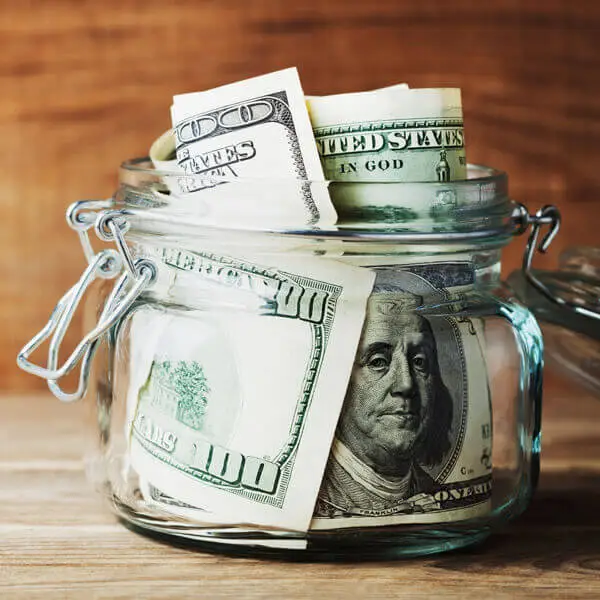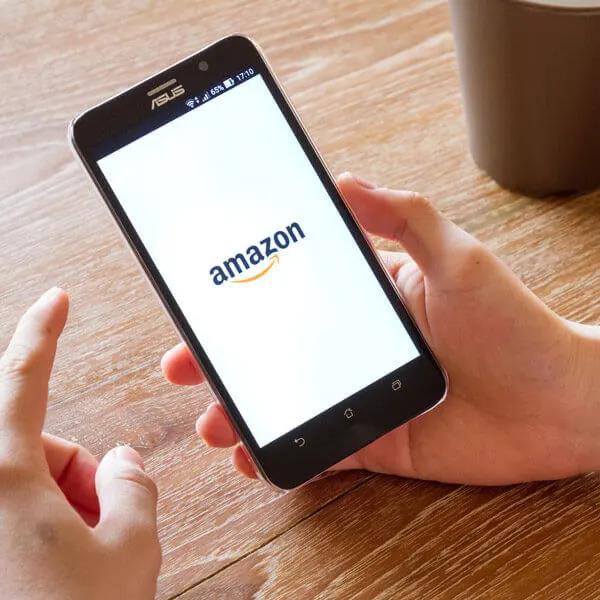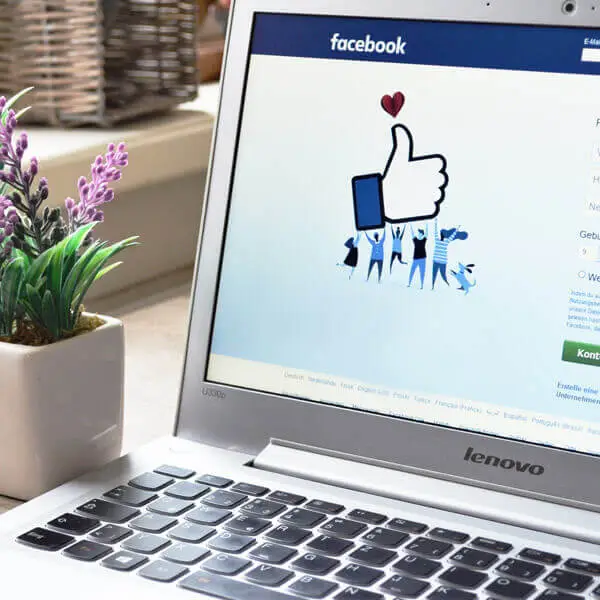1. Select a discrete app icon.
Get Help
Find a shelter
or program
near you

2 Million+ Survivors
helped each year
$350,000+ Donated Items
to shelters & programs

Identify Abuse
Learn about domestic violence with statistics, expert insights and stories of survival. Explore resources on recognizing if you're experiencing abuse.

Get Help
Find domestic violence shelters, programs and hotlines based on location, services and language. Explore helpful information on escaping.

Heal
Find support, tools and inspiration to help you thrive after abuse. Explore resources on healing and recovery.
Search 1256 helpful articles, videos, and more covering how to identifying abuse, get help and heal.
For Professionals
Better serve your clients with our free tools and resources.

Claim Your Location
Claim and manage your organization's information.

Helping people find safety and support.
DomesticShelters.org makes it simple to find the services and resources that victims and survivors of domestic violence need. We provide the largest searchable database of programs and shelters in the U.S. and Canada and an extensive library of resources. DomesticShelters.org strives to be the catalyst that those experiencing abuse need to for positive change.
Common Questions
Articles, Videos and More Resources
Explore our extensive library of free education about intimate partner violence.
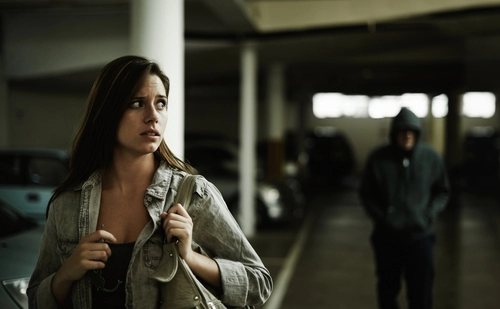

Are Restraining Orders Really the Best Option?
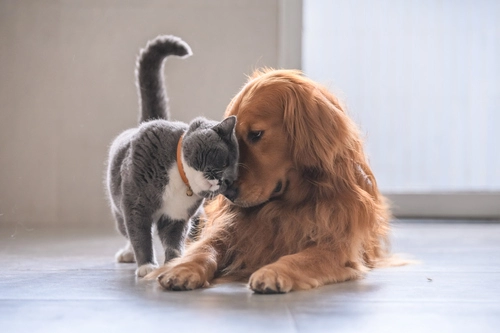

Saving Pets (and Yourself) from Domestic Violence
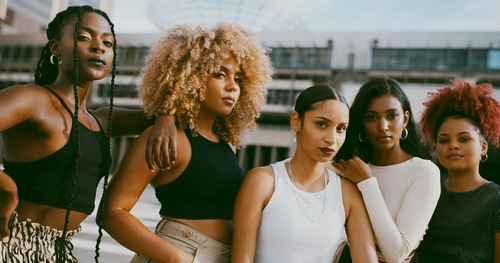

White Feminism Has Forgotten Women of Color


Empowering Survivors of Domestic Violence
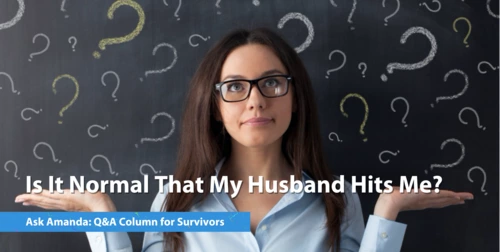

Ask Amanda: Is It Normal That My Husband Hits Me?
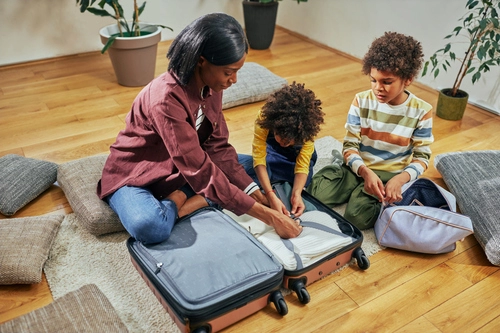

6 Questions to Help You Escape Abuse and Find a Safe Place
Your donation can change someone's life.
Choose the best way for you to support victims and survivors of domestic violence.
Looking for someone to speak with? Enter your location to find phone numbers for domestic violence experts in your area.
Have a question about domestic violence? Type your question below to find answers.

